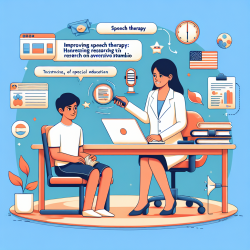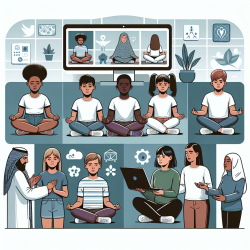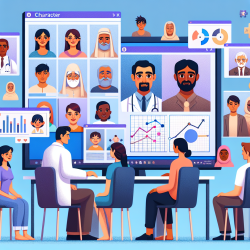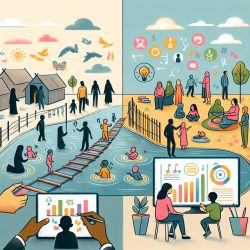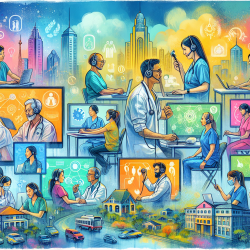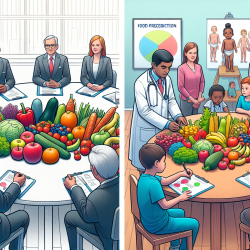Fun and Easy Reading: Enhancing Online Therapy Skills Through Mobile Health Clinics Research
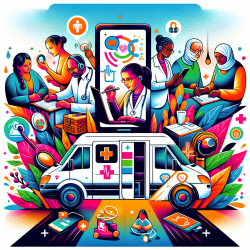
Mobile primary health care clinics have proven to be a crucial tool in bridging the health inequity gap experienced by Indigenous populations in countries like Australia, Canada, New Zealand, and the United States. A recent systematic scoping review titled "Mobile primary health care clinics for Indigenous populations in Australia, Canada, New Zealand and the United States: a systematic scoping review" sheds light on the impact and potential of these clinics.The review identifies that mobile clinics offer flexible, culturally safe, and accessible primary health care services to Indigenous communities. For practitioners providing online therapy services, such as those at TinyEYE, understanding and implementing the outcomes of this research can significantly enhance service delivery and outcomes for children in these communities.
Key Findings and Implications
The review reveals several critical points that practitioners can leverage:
- Geographical Distribution: Mobile clinics are predominantly implemented in Australia, followed by the United States and Canada. No clinics specifically for Indigenous populations were found in New Zealand.
- Service Models: These clinics offer a range of services from general primary health care to disease-specific services, targeting populations across the lifespan.
- Evaluation and Effectiveness: There is a significant gap in the evaluation of these clinics. Only 13 out of 25 clinics had some form of evaluation, primarily using quantitative methods. There is a need for more qualitative evaluations to understand the perspectives of Indigenous people accessing these services.
Implementing Research Outcomes
For practitioners at TinyEYE, integrating the insights from this review can lead to improved service delivery:
- Culturally Safe Practices: Ensure that online therapy services are culturally safe and respect the values, traditions, and customs of Indigenous populations. This aligns with the findings that culturally safe models of health care lead to better health outcomes.
- Community Involvement: Engage Indigenous communities in the planning and implementation of therapy services. This enhances trust and ensures the services meet the community's specific needs.
- Evaluation and Feedback: Implement robust evaluation methods that include qualitative feedback from Indigenous clients. This will provide a comprehensive understanding of the service's impact and areas for improvement.
Encouraging Further Research
The review highlights the need for more research on the effectiveness and sustainability of mobile clinics. Practitioners can contribute by:
- Collaborating with researchers to evaluate the impact of online therapy services on Indigenous populations.
- Sharing experiences and outcomes to build a body of evidence that supports the allocation of resources to mobile health clinics and online therapy services.
By adopting these strategies, practitioners can enhance their skills and contribute to better health outcomes for Indigenous children.To read the original research paper, please follow this link:
Mobile primary health care clinics for Indigenous populations in Australia, Canada, New Zealand and the United States: a systematic scoping review.
Citation: Beks, H., Ewing, G., Charles, J. A., Mitchell, F., Paradies, Y., Clark, R. A., & Versace, V. L. (2020). Mobile primary health care clinics for Indigenous populations in Australia, Canada, New Zealand and the United States: a systematic scoping review. International Journal for Equity in Health, 19, 201. https://doi.org/10.1186/s12939-020-01306-0



